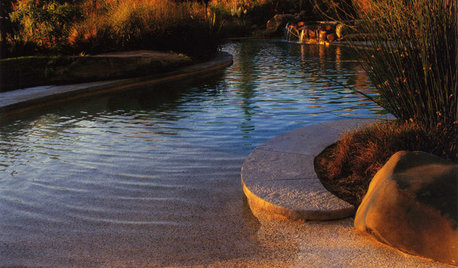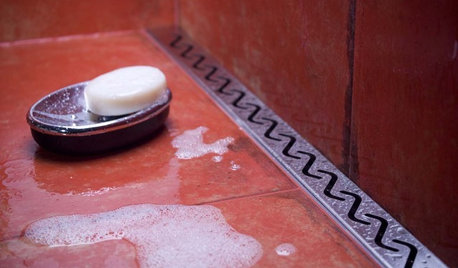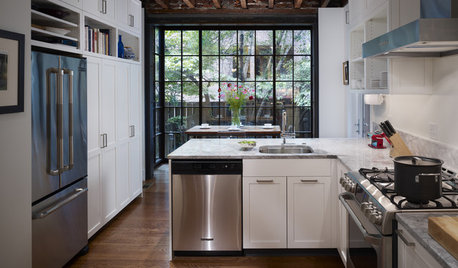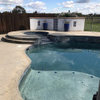Do I need an overflow drain?
David Felker
13 years ago
Featured Answer
Sort by:Oldest
Comments (18)
sceadu
13 years agogaylek
13 years agoRelated Professionals
Las Vegas Swimming Pool Builders · Tucson Swimming Pool Builders · Surprise Landscape Architects & Landscape Designers · Matthews Landscape Contractors · Chesapeake Ranch Estates Landscape Contractors · Fort Hunt Landscape Contractors · Paramount Landscape Contractors · Rio Linda Landscape Contractors · Waltham Landscape Contractors · Bensenville Landscape Contractors · Cary Decks, Patios & Outdoor Enclosures · Columbia Decks, Patios & Outdoor Enclosures · Pittsburgh Decks, Patios & Outdoor Enclosures · West Chester Decks, Patios & Outdoor Enclosures · West Hills Decks, Patios & Outdoor Enclosurespoolguynj
13 years agoDavid Felker
13 years agopoolguynj
13 years agojust-a-pb
13 years agoRack Etear
13 years agocakelady_2010
13 years agopoolguynj
13 years agoaanay_pw_cccounty_us
13 years agomelderman
13 years agomas985
13 years agogaylek
13 years agopoolguynj
13 years agomas985
13 years agokspoolman
13 years agopoolguynj
13 years ago
Related Stories

GARDENING AND LANDSCAPINGPools Overflow With Finish Options
Move over, plaster: Pebbles, colors and glow-in-the-dark glass are making waves on the pool finish scene
Full Story
FARM YOUR YARDAn Urban Greenhouse Overflows With Edibles
Making meals just means stepping into the yard for a San Francisco couple who revamped an old orchid house
Full Story
WINE CELLARS8 Wine Cellars Overflowing With Artful Storage
Give your wine collection a high-end home, with a prefab or custom racking system as posh as you please
Full Story
BATHROOM DESIGNHow to Choose the Best Drain for Your Shower
Don't settle for a cheap fix when you can pick a shower drain that suits your style preferences and renovation codes alike
Full Story
FEEL-GOOD HOME12 Very Useful Things I've Learned From Designers
These simple ideas can make life at home more efficient and enjoyable
Full Story
FUN HOUZZEverything I Need to Know About Decorating I Learned from Downton Abbey
Mind your manors with these 10 decorating tips from the PBS series, returning on January 5
Full Story
PLANTING IDEASEasygoing Tulip Ideas From a Grand California Garden
Gather up these ways to use tulips to make a spring garden of any size overflow with beauty
Full Story
BATHROOM DESIGN7 Reasons to Give Your Bath Zone a Living Room Vibe
With a few living room–like touches, you can transform your bathroom into a practical, relaxing retreat that’s overflowing with personality
Full Story
HOUZZ TOURSMy Houzz: A Handcrafted Bohemian Homestead in Texas
Overflowing with art and intertwined with gardens, this pieced-together home is a marvel of creativity
Full Story
LIFEYou Said It: ‘I’m Never Leaving’ and More Houzz Quotables
Design advice, inspiration and observations that struck a chord this week
Full Story







poolguynj